Belouga Case Study
Results and learning outcomes
...from classroom collaborations 7,000 miles apart.
From the USA to Rwanda.
Throughout the 2017-18 school year, students from the United States and Rwanda came together and created a full digital classroom collaboration in Belouga.
The schools involved in this program were De Pere Middle School from De Pere, Wisconsin and Rwamagana Lutheran School from Rwamagana, Eastern Rwanda.
Let's meet the participants.
A total of 95 students participated in the program ranging in age from 12-18 years old. The goal of the program was to introduce foreign cultures to students, identify similarities and differences and ultimately create an opportunity for all students to work together on similar curriculum requirements.
Although their schools were over 7,000 miles apart, the experience provided students with the opportunity to connect, communicate and collaborate as if they were sitting within one classroom.
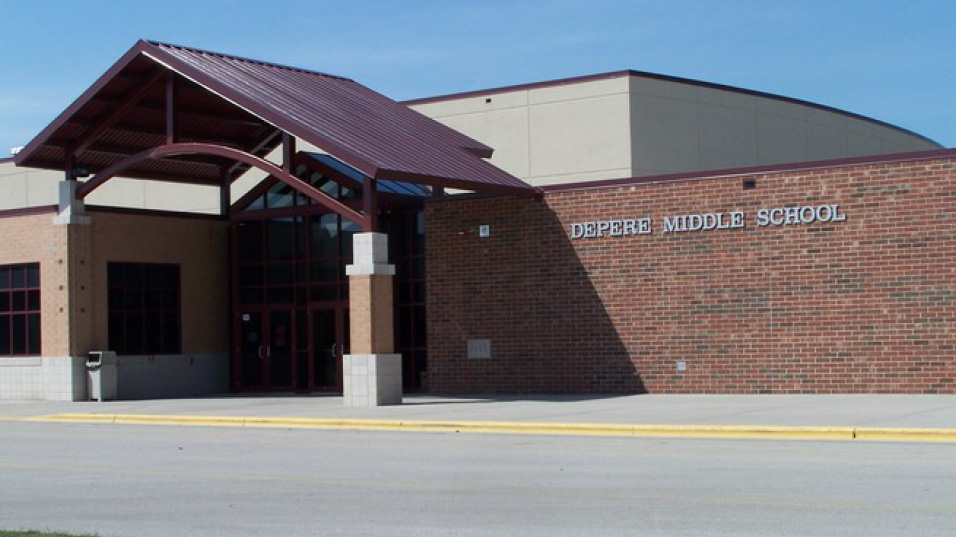
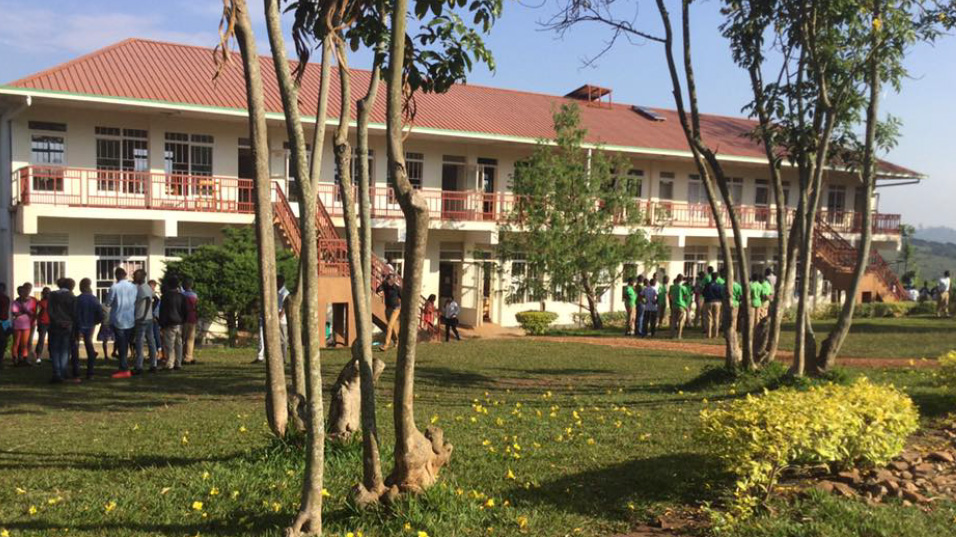
An opportunity to learn about others...
The participating students come from very different regions in the world. To emphasize this point, Wisconsin, USA has a population of roughly 4.7 million, while Rwamagana, Rwanda has a population of about 310,000.
De Pere Middle School in Wisconsin has roughly 618 students and 42 teachers and Rwamagana Lutheran school has nearly 136 student, and 15 teachers.
Although access to technology is limited in both schools (just four computers total in Rwamagana Luteran School) students and their teachers, Cara Kresbach and Meredith Bolen were excited to be introduced and learn about each others culture and experiences.
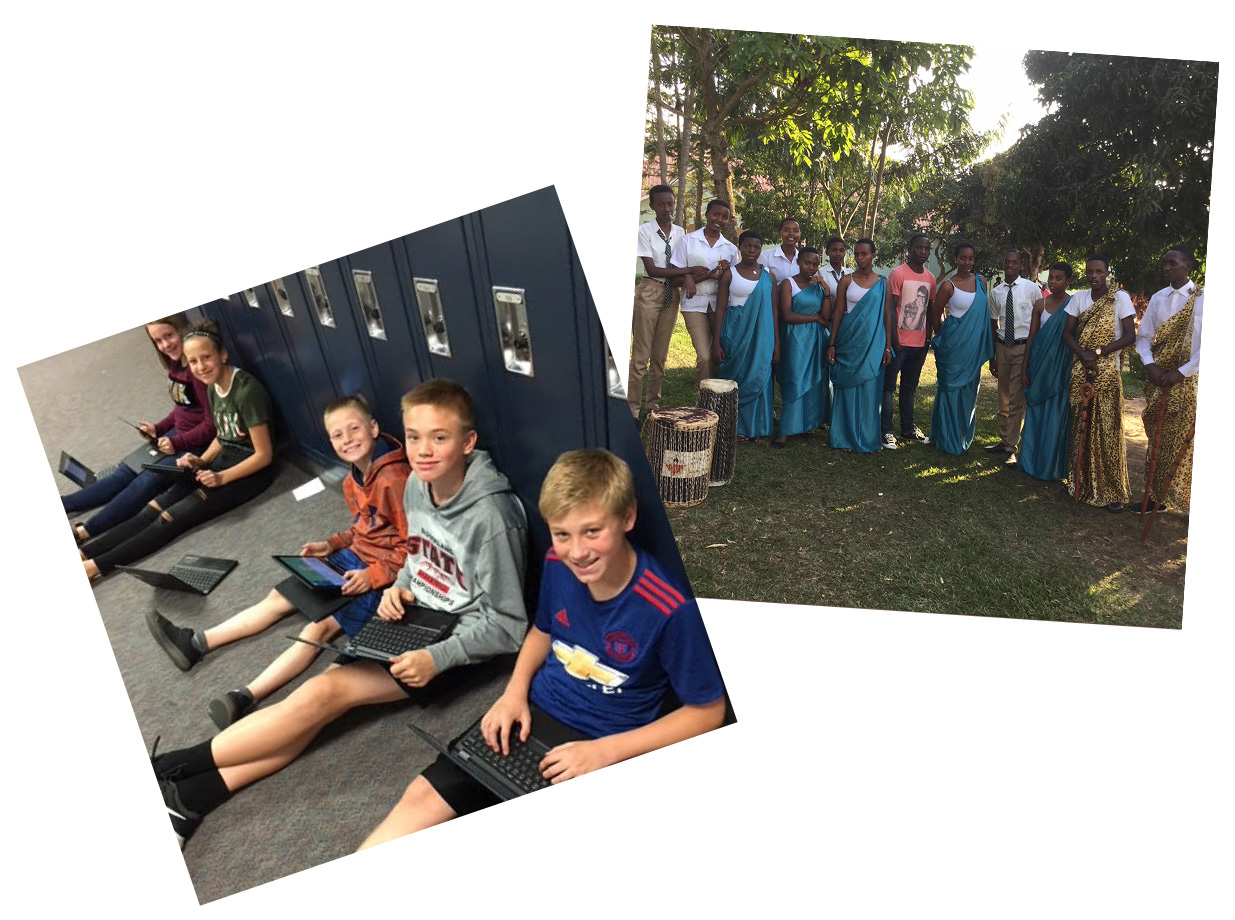
...and get curious about cultures and societies.
Cara and Meredith's classes were connected in Belouga, and all of their students were paired with a partner student from the other teacher's class. Once paired, students shared their curiosities, asking questions about the other's communities, food, holidays, activities, etc.
The students were astounded with the responses they received from their partners, and were excited to learn more about their new friends.
Curiosity sparks a desire to learn...
Students' focus areas throughout their initial conversations were broken down into the following areas.
Below, the chart on the left represents the student's discussion topics from Wisconsin, USA, and the chart on the right shows the topic breakdown for students from Rwamagana, Rwanda.
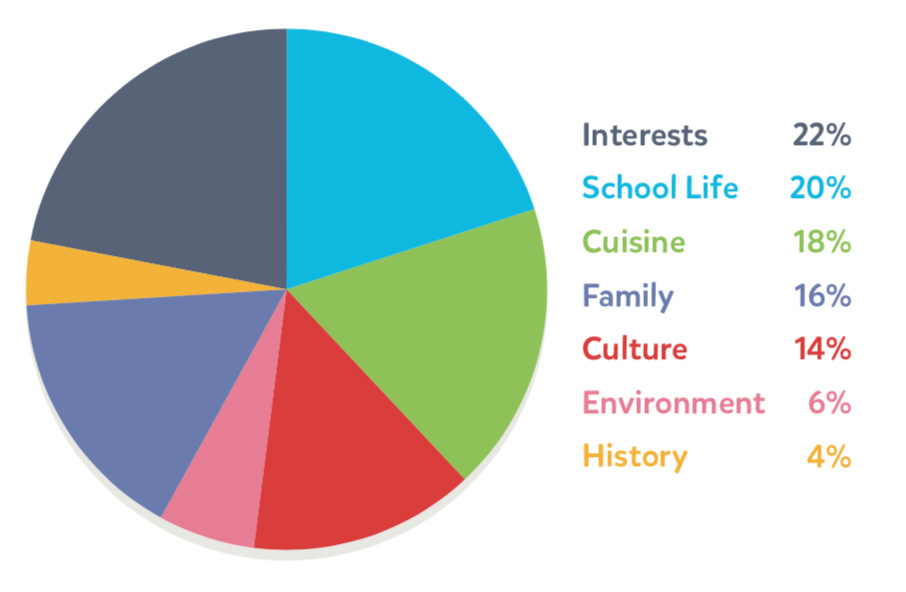
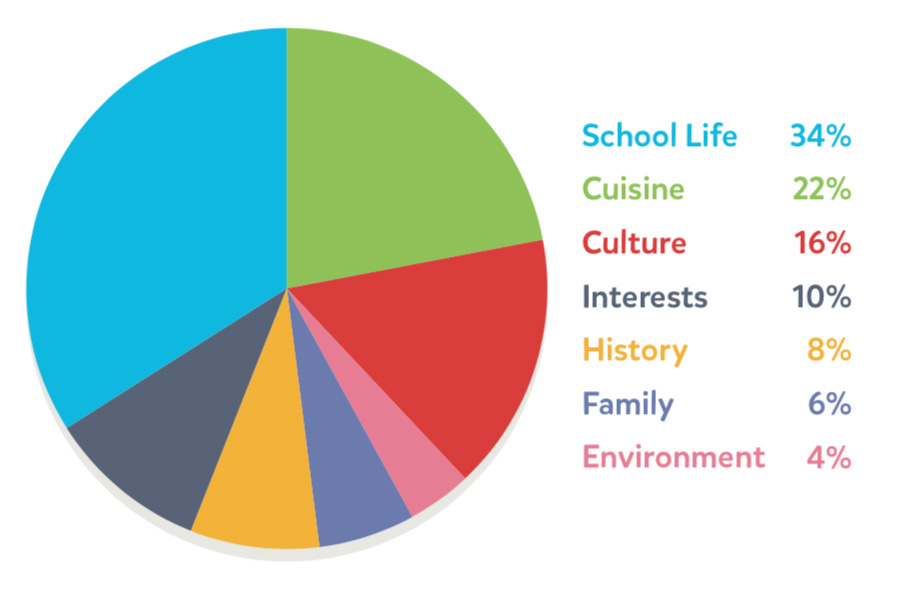
...and work together to solve global issues.
Cara and Meredith tasked their students to work together to ensure all humans have access to food, and no one goes hungry.
Students from both classes came together and brought their ideas for solutions to the table. Each idea was unique and thought provoking, as the classes involved are from different regions, with very different environmental and cultural aspects.
Some ideas from Wisconsin...
"We need to come up with more sustainable food sources that are able to be used around the world, and find people who are hungry so that we can give them some food and money so that they don’t have to worry much about finding food for some time. If we can figure out a system so that no family is hungry, then that will be a great thing."
"Maybe have sustainable amounts. Like a certain amount of food depending on how much you weigh or how old you are. This may help, because now people won’t get obese and then people all over the country can have the food, that we aren’t over eating or even throwing away. If people want to stop diabetes from happening then we need to cut back on all the junk food, I mean sweets every once in a while is great but not everyday for every meal."
...and ideas from Rwanda.
"We can provide sustainable food in the world if we reduce amount of food wastage all over the world. We can provide sustainable food if we reduce human activities such as industries. Industries release smokes which result in the global warming and this will lead the desertification to some areas. So there will be no agricultural activities since some areas because deserts. This will lead hunger. But if we fight against global warming there will be sustained food around the world."
"We can provide a sustainable food to all citizen by using: irrigation where there are not enough water, using well selected seeds which can be planted, fertilizers to use the fertilizers to increase the production, and mechanization to use machines to increase production."
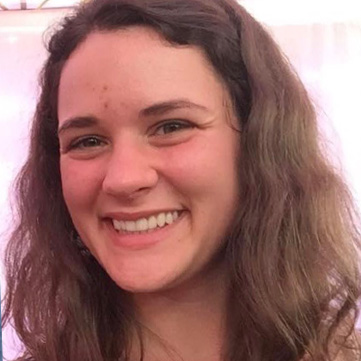
The impact of global connections for students...
Throughout the collaboration, the Belouga Impact was seen in three separate areas of education; students, teachers and schools. Looking from the outside-in, students initially felt as though their connections were much different than themselves based strictly on an unfamiliarity with that region and culture. Following the program, students in both regions were able to acquire a unique connection to another part of the world by identifying similarities and embracing differences with their connections. This also provided students with an opportunity to reflect on their own culture and feel pride in their traditions and community.
"As the Deep-Dive continued with Cara's class, my students became more and more invested in the Belouga experience. My students requested to send a video composed of Traditional Cooking methods to Cara's class and create a video of Modern Cooking to coincide with the Food Deep Dive we were learning about together. The Deep Dive series was particularly enlightening for my students' level of understanding, engagement, and excitement for the program of Belouga."
Meredith Bolen, Rwamagana Lutheran School
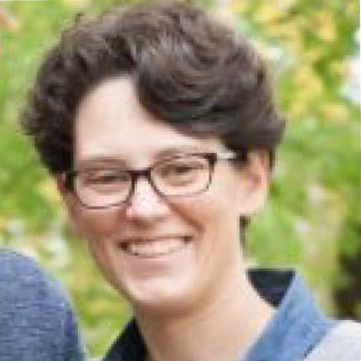
...and the power of global connections for teachers.
Throughout the program, Cara and Meredith corresponded weekly via email, conference calls and messaging on Belouga. This gave them the opportunity to share ideas on the program and better understand how to create an experience that benefited each others' students. Similar to their students building global connections, Cara and Meredith were able to grow their personal learning network, understand global education goals and requirements and now have a resource overseas to continue collaborating with.
"Meredith and I shared responses from our classes and tried to facilitate the same types of activities and discussions with our students. It was neat to see my students compare their thoughts and responses to Ms. Bolen's students' responses."
Cara Krebsbach, De Pere Middle School
Curiosity leads to continuous learning opportunities.
Both De Pere Middle School and Rwamagana Lutheran School are now pillars in the Belouga global network, making it easier for Belouga and others to develop and deliver meaningful relationships and projects to their schools and communities. Through this program, the schools now have a foundation to base future global connections on and implement key strategies for the 21st century such as digital citizenship and technology skills.
The most important aspect of the entire collaboration between De Pere Middle School and Rwamagana Lutheran School was the lasting impression it will leave on the students who were able to walk away from the experience with a direct connection to a region of the world they previously knew little to nothing about.
The students are now able to stay connected and continue sharing ideas and learning from one another over time in the Belouga platform. They have also built valuable communication, empathy and digital competency skills that ignite them as an individual and can be used outside of the Belouga platform. This is the core ethos of Belouga called emotional equity; having a direct personal investment in another culture, religion, race or ideology, and with that feeling connected.
